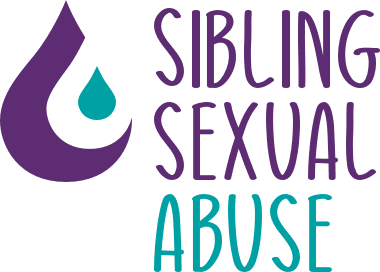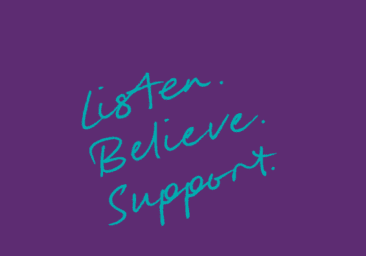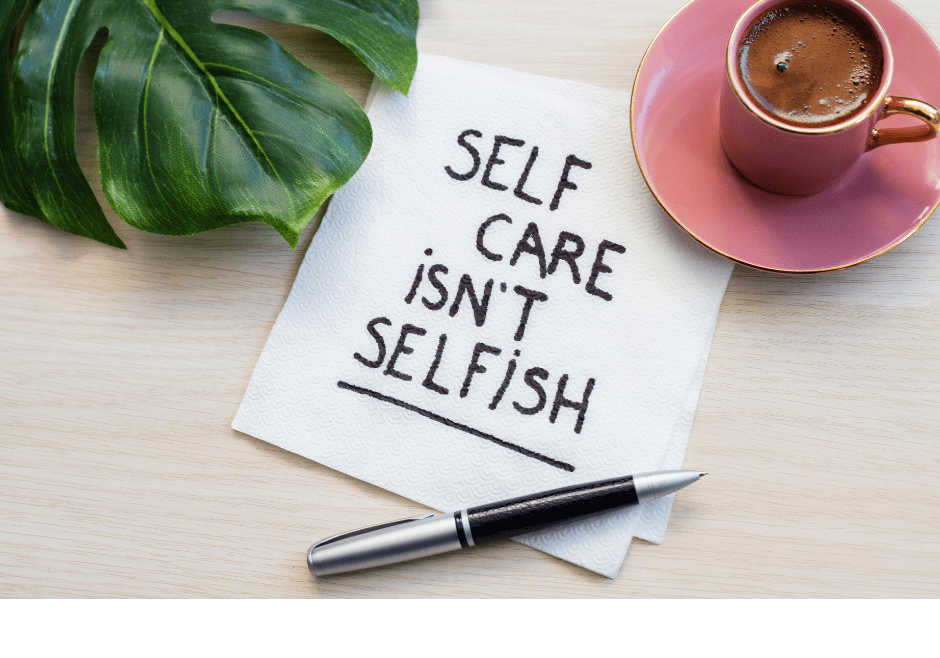My Personal Experience
Without SARSAS I might still be in denial about what happened to me and may well have spiralled further into despair.
Anonymous
************
When I was seven, my ten-year-old brother would get me to play a game called ‘Naughty Exercises’ with him. The ‘exercises’ in question were sometimes pleasant, but often strenuous or uncomfortable. They were always surprising.
I thought it was a weird game and it was only very recently that I accepted the possibility it hadn’t been.
Unknown to me, my brother had found a guidebook on foreplay and sex in our parents’ bedroom and was trying out the various techniques it contained on me.
As an adult, I didn’t used to think about it much. I assumed that what had happened to me was an entirely normal part of growing up. Despite that, I never talked about it with my friends – perhaps a sign that on some level I knew otherwise – but I assumed all of us with older brothers would have done something similar. It seemed strange to me that nobody ever talked about it.
When I reached puberty, my brother would scrutinise my changing body; assessing the way my genitals and nipples looked, whether they looked ‘normal’. When I started having boyfriends he would seek details of my progressing sex life and provide unsolicited advice about various sexual techniques. I continued to assume my friends would be having similar conversations with their brothers.
My childhood and teenage years, even some of my twenties, were peppered with these sorts of interactions and I was in complete denial that anything atypical, let alone harmful was taking place. My mother had always told me that my brother loved me immensely and would always protect me. I had no reason not to believe her, and having grown up with this message I assumed his attentions to be ‘the norm’ and I had no reference point that suggested otherwise.
Whenever that belief was challenged by something in the media, like sinister characters in movies, portraying incest as a seedy personality trait, I would feel intense shame and humiliation. I would try to justify to myself that what I had done had been different; that society misunderstood; that neither me nor my brother were like the debauched characters depicted on the screen.
Following a casual chat with a friend over coffee, the blinkers finally fell from my eyes. We had been talking about a friend’s daughter who narrowly avoided being molested by an older child due to a timely adult intervention; it was only through discussing that scenario and being able to see how wrong/worrying it was in her case that I could see that what happened to me might also have been wrong.
I was 41 when I had that chat. Thirty five years had passed since I had played ‘naughty exercises’ and I was finally about to find out that SSA is a ‘thing’. It is not just a ‘thing’ that happens and can then be consigned to history though. The reality is that, as with all experiences, it can shape someone’s whole belief system, their perceptions of the world and themselves.
I grew up with a seemingly charmed life but until two years ago, before learning about SSA, I had been seemingly and inexplicably spiralling into despair for close to a decade; losing my self-confidence and feeling depressed; I felt unworthy of being happy, of having a decent job, or of even having a proper roof over my head. I was using alcohol to make me feel ‘better’ and I fantasised about hurting myself, telling myself that suicide was always an option if the smothering apathy I felt became too overwhelming.
I thought I was going mad and was desperately trying to keep myself together and work out why I couldn’t seem to function like I previously could.
Luckily for me, I happened to find the research carried out by SARSAS for the first SSA project and it led to me being able to obtain the information and help I needed to begin recovery. Without SARSAS I might still be in denial about what happened to me and may well have spiralled further into despair.





